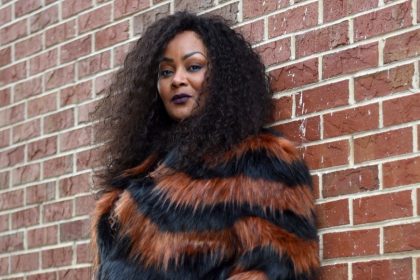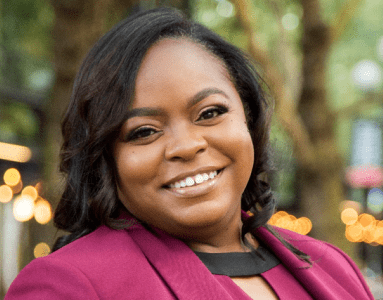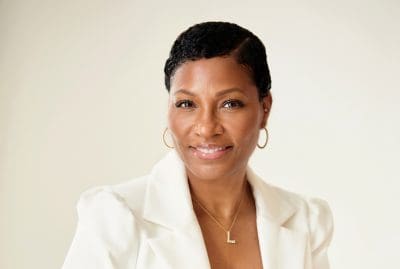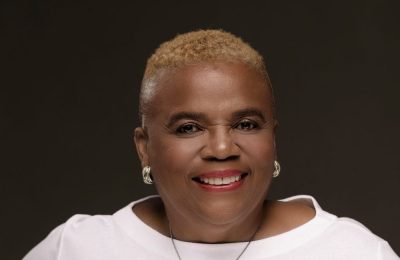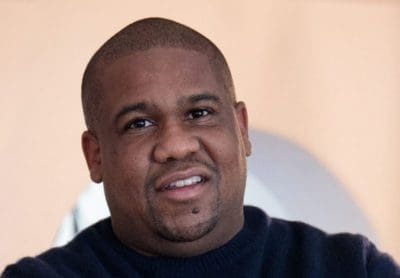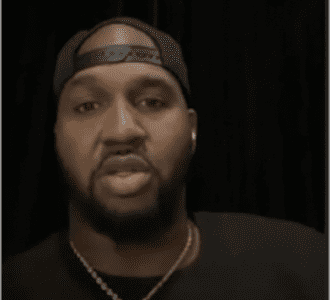For over 25 years, Fawn Weaver has been a serial entrepreneur, harnessing her unique ability never to say no and avoid selling herself short. This mindset propelled her to the role of CEO and founder of Uncle Nearest Premium Whiskey, the fastest-growing American whiskey brand in American history and the highest-selling African-American-founded spirit brand of all time. Weaver has also initiated several programs and initiatives to continue her community work.
What were the stages for you to get to your ultimate goal?
The initial stage would have to be what some may perceive as a failure. One common thread among those who achieve high-level success is a series of setbacks leading up to it. I should put “failures” in quotation marks because those who’ve succeeded don’t view them as failures, even though the world might. We see them as our training ground. Every endeavor we embarked upon, including venturing into the whiskey business, was uncharted territory for people of color and women. In such cases, one must allow oneself the grace to fail in various areas because no one can know everything and advice from others is limited. After all, if they could give you advice, someone else would have already succeeded. When entering a new and uncharted territory, failure typically precedes success. It’s about embracing failure, followed by grace. Overall, it requires an unwavering belief in how God has uniquely fashioned and chosen you for your purpose. Once you’re certain of your purpose, you’re willing to make any necessary sacrifices to pursue it. This is the only path to success.
Give us the history of Uncle Nearest.
Nearest Green Distillery is a vast 423-acre property, a mere 15 minutes from my current location. Every weekend, we welcome between 4,000 to 8,000 visitors. It’s the seventh most visited distillery globally, and people come to learn about the first known African-American master distiller. Prior to 2017, this remarkable figure remained largely unknown. There were whispers that Jack Daniel’s teacher was a Black man, an enslaved man, but these whispers remained confined to Lynchburg, Tennessee. In Lynchburg, this was common knowledge because nearly everyone there was connected either to Nearest Green or Jack Daniel’s; both families hail from Lynchburg. However, in small towns, extraordinary events often go unnoticed.
What saved this story was Jack always giving credit to Nearest and his team, as they were always close. Even during prohibition, Jack’s descendants and Nearest’s descendants continued this legacy. So, two families refused to accept that they weren’t equal, and this continued until the very last of Jack’s descendants running the distillery passed away in 1978. Nearest’s descendants would often visit for tours, sharing their ancestral stories. Somewhere between Jack’s descendants passing away in 1970 and one of Nearest’s descendants starting to work there in 1979, the tale of Nearest Green disappeared. However, there were enough breadcrumbs left for it not to vanish entirely.
As a CEO, what comes to mind with growth and imagination and then channeling somebody like Uncle Nearest’s vision to a billion-dollar company?
I see it as something much larger than myself. I can’t get bogged down with thoughts like, “It’s too tough,” or, “The industry is impossible,” or, “Distributors aren’t doing their jobs.” As far as I’m concerned, we’re 107 years behind in creating this company. We’ve got a lot of catching up to do in terms of industry success. I view what we’re doing as a blueprint. I’m open and transparent about how I’ve built this company, raised funds, retained control, dealt with distributors, and succeeded in an industry where failure was designed for someone like me. I share this blueprint because I hope that not only will people follow it within this industry, but they’ll apply it across all industries. Regardless of the industry, we weren’t there in terms of ownership and leadership. As we learn and achieve success, we mustn’t hoard knowledge due to scarcity thinking.
Q4: Why is it crucial for a CEO to have a vision that extends beyond the present?
A: Firstly, if you don’t, especially when building a rapidly growing company, daily challenges can become overwhelming and lead to quitting. I often say that if you’re thinking of quitting, don’t even start. Challenges will be a daily occurrence, and you’ll face moments where you think, “How on earth can I overcome this?” You must have a vision that you believe wasn’t created solely by you. If you think you’re the sole creator of the vision, it will be limited. To break those limits, the vision must originate from someone far greater, in my case, without a doubt, God. I can’t relate to someone who doesn’t believe in God, as my company, my life, and everything about me are rooted in it.
What is your superpower?
My superpower is that I don’t tell myself no. Many people talk themselves out of big visions because they appear daunting. In the industry, numerous Black individuals, including celebrities, have the statistics, although perhaps not in the depth I have. Let me illustrate with an example: every ounce of Cognac is made in Cognac, France, a small region. When I arrived in that town, everyone knew it. 100% of Cognac production happens in Cognac, France, and 97% of it is exported outside France. That means France consumes only 3% of Cognac. Despite having more wine drinkers and whiskey enthusiasts, 97% leaves France. Of that 97%, 54% comes to America, with more than half consumed by Black individuals. Consider the amount sent to the Caribbean and Africa; there’s no close competition. Black people are the primary consumers of Cognac, and no one ever asked why. I did. I sampled some subpar Cognac that entered America, and I understood why it was consumed when we lacked resources. However, why were we still consuming it when we had the means? In which other area do we consume a two-year-old brown spirit? It made no sense to me. So, I began researching, sending my researchers to New Orleans, France, and various parts of the world to uncover our connection to Cognac. Unfortunately, no one had taken the time to unearth this story. For me, it’s not about the Cognac business; it’s about another untold Black legacy.
What would you challenge future CEOs to do in this country?
As you ascend, don’t wait until you reach the top, as it’s an illusion. Many individuals have guarded their success secrets throughout their careers. The idea that you’ll become more comfortable sharing information as you climb the ladder is false. I have numerous followers who anticipate every nugget and gem I share daily. They know I’m leaving behind a real-time account of what I’m doing. Phil Knight is remarkable, but his book won’t help a shoemaker today. That was intentional. People who share their secrets in books often render them obsolete for new entrepreneurs. However, if you share your insights as you go, you can break free from a scarcity mindset and the fear that if you give away an idea, you might never have another one. Trust me; if you’re a visionary, ideas will keep flowing, often faster than you can execute them. Share your knowledge as you progress to nurture and develop others along the way.

